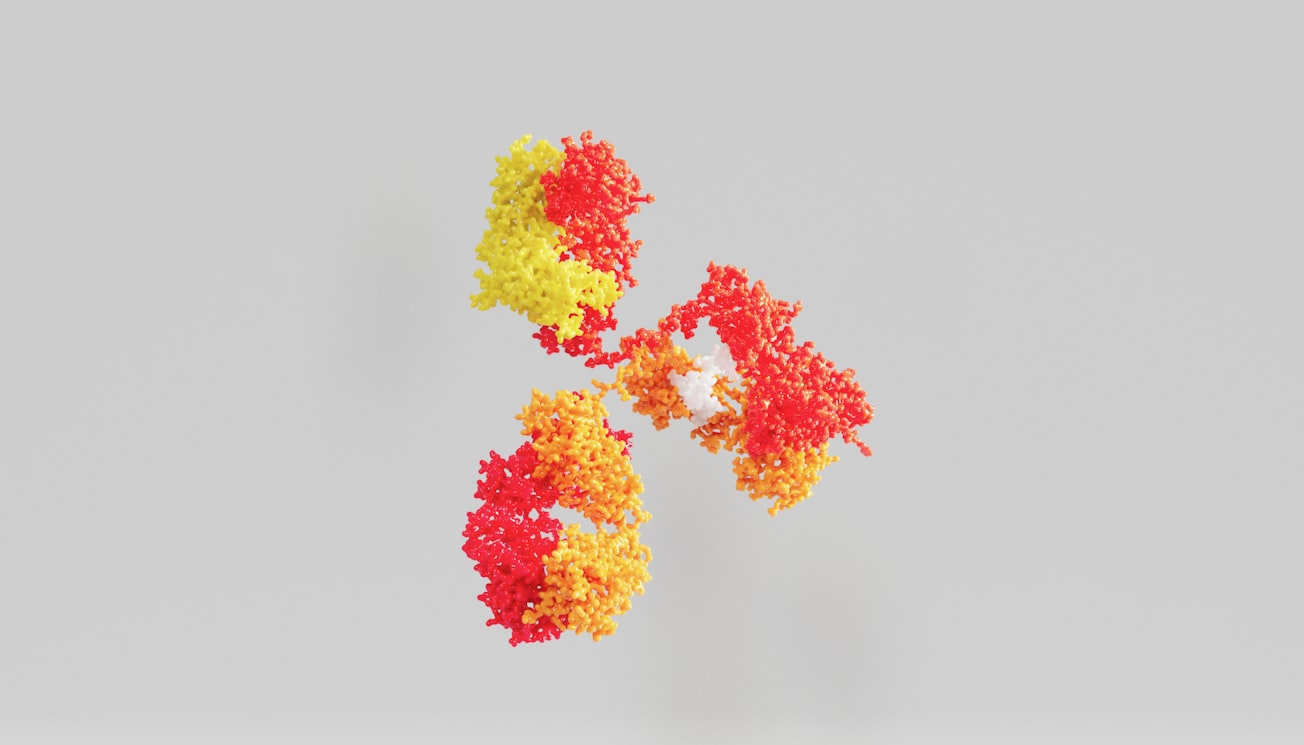What is it about?
RNA contains various chemical modifications, among which N6-methyladenosine (m6A) is the most prevalent modified nucleotide in eukaryotic mRNA. we develioped anti-m6A monoclonal antibodies from guinea pigs immunized with oligoribonucleotide containing a single m6A by using high throughput single cell-based antibody gene cloning technology. Some antibodies specifically bound to m6A-oligo, but not to oligoribonucleotide containing a single m1A (m1A-oligo) or unmodified adenosine (A-oligo).
Featured Image

Photo by ANIRUDH on Unsplash
Why is it important?
Because m6A is not detectable by standard chemical modification-based approaches, highly specific antibodies against m6A have been required for diagnostic and research.
Perspectives
We recently reported a method for the high-throughput production of monoclonal antibodies by developing a fluorescence-activated cell sorting-based antigen- specific plasma cell isolation method termed FIXAA, in which antigen-specific plasma cells can be isolated by the intracellular labeling of paraformaldehyde-fixed lymph node cells with a fluorescently labeled antigen combined with an antibody against the immunoglobulin. This technologies enables to develop monoclonal antibodies against a variety of small molecule antigens such as happens.
Nobuyuki Kurosawa
Toyama Daigaku
Read the Original
This page is a summary of: Development and validation of monoclonal antibodies against N6-methyladenosine for the detection of RNA modifications, PLoS ONE, October 2019, PLOS,
DOI: 10.1371/journal.pone.0223197.
You can read the full text:
Contributors
The following have contributed to this page







